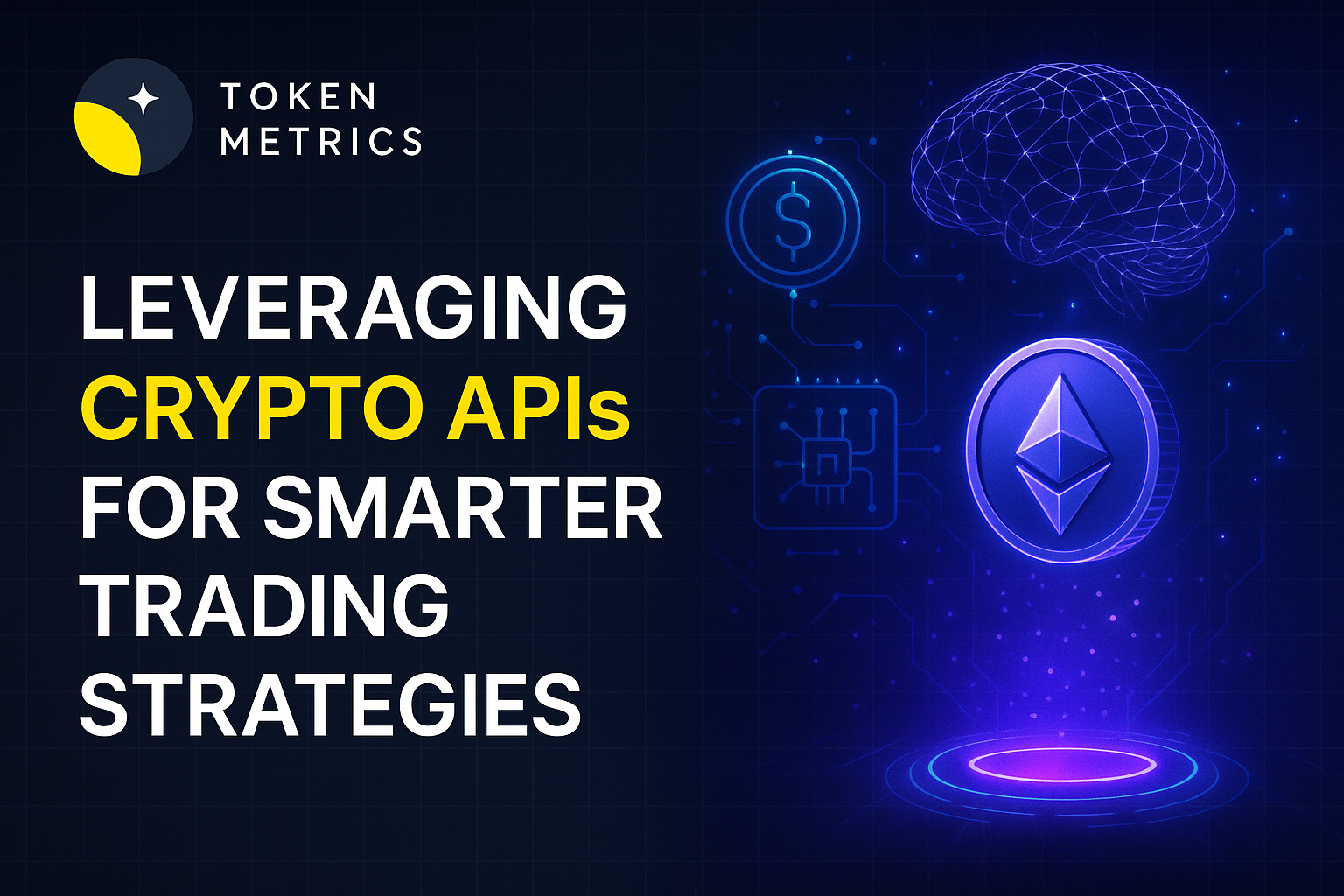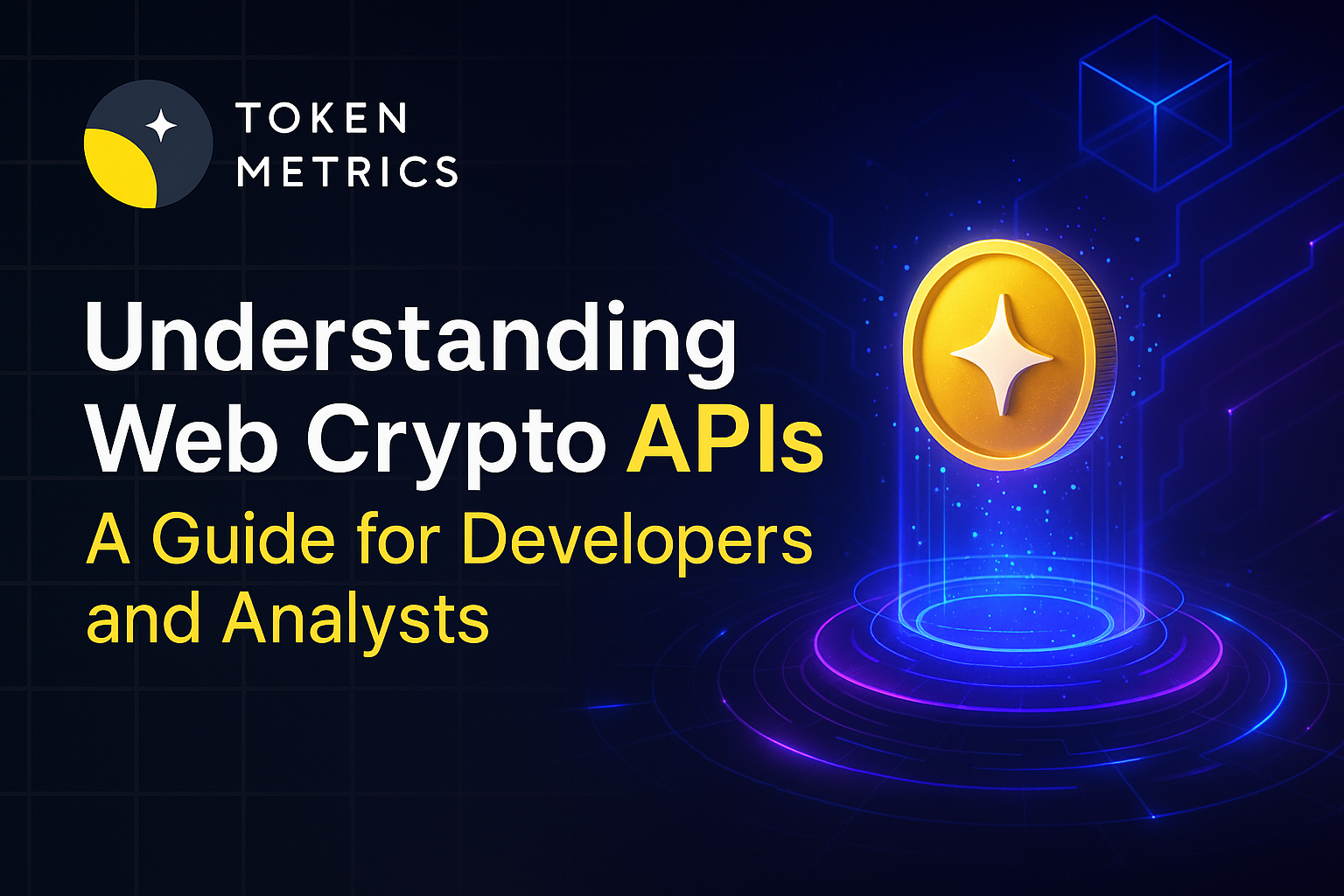
How to Invest in Cryptocurrency - A Step by Step Guide

If you are wondering how to invest in the cryptocurrency space, this is the perfect place to be.
As the world of cryptocurrency continues to expand, it is important to understand what to consider before investing in cryptocurrency. This guide will provide you with a comprehensive overview of the most important things to consider before investing in cryptocurrency, including what to look for in a potential investment, alternative ways to buy a crypto, how to keep your cryptocurrency secure, and tips for investing responsibly.
Introduction to Cryptocurrency Investing
Cryptocurrency investing can be an exciting and potentially profitable venture. But it's important to understand the risks associated with investing in cryptocurrency and the steps you should take before investing your hard-earned money. Cryptocurrency investing is a relatively new concept and the market is constantly evolving. It's important to do your research and understand the potential risks and rewards before jumping in.
In order to make an educated decision about whether or not cryptocurrency investing is right for you, you need to understand the basics of cryptocurrency investing. A cryptocurrency is a form of digital currency that is not controlled by any central authority, such as a government or bank. Instead, it is created and maintained by a decentralized network of computers that use cryptography to secure transactions. Cryptocurrency is typically exchanged for goods and services, or for other forms of currency.
There are a few key differences between cryptocurrency and traditional currencies. For one, cryptocurrency is not backed by any physical asset, such as gold or a government-issued currency. Additionally, cryptocurrency is not regulated by any government or financial institution. This means that the value of cryptocurrencies can be highly volatile and unpredictable, which can make investing in them a risky endeavor.
What to Consider Before Investing in Cryptocurrency
Before investing in cryptocurrency, it is important to understand the risks associated with it. Cryptocurrency is not backed by any physical asset, so its value is highly volatile and unpredictable. This means that investments can quickly lose value, and there is no guarantee that you will get your money back. Additionally, cryptocurrency is not regulated by any government or financial institution, so it can be difficult to know who to trust and who to avoid.
When considering whether or not to invest in cryptocurrency, it's important to understand the different types of cryptocurrencies available. There are thousands of different cryptocurrencies on the market, each with its own set of characteristics and features. It's important to research each type of cryptocurrency and determine which one might be the best fit for your investment goals.
You should also consider the cost of investing in cryptocurrency. Cryptocurrency is a global market, so the cost of investing in it can vary significantly from one country to the next. Additionally, different exchanges may charge different fees for trading. It's important to research the fees associated with each exchange to ensure you are getting the best deal.
Finally, it's important to understand the potential tax implications of investing in cryptocurrency. Many countries have different regulations regarding the taxation of cryptocurrency investments, so it is important to understand the rules in your area before investing.
Alternative Ways to Buy Cryptocurrency
When it comes to investing in cryptocurrency, there are a few different ways to go about it. The most popular way to purchase cryptocurrency is through an online exchange. These exchanges are typically easy to use and offer a variety of different cryptocurrencies. Additionally, some exchanges offer lower fees than others, so it's important to shop around for the best deal.
Another option for investing in cryptocurrency is to purchase it directly from an individual. This can be done through a peer-to-peer platform, such as LocalBitcoins. This allows you to purchase cryptocurrency directly from another individual, without having to go through an exchange. However, this method can be riskier than using an exchange, as there is no guarantee that the person you are purchasing from is legitimate.
Finally, there are some platforms that allow you to purchase cryptocurrency with a credit or debit card. This is typically the easiest and most convenient way to purchase cryptocurrency, but it also has some drawbacks. Credit and debit card purchases typically come with higher fees than other methods, and the transactions can be reversed if the seller does not deliver the cryptocurrency as promised.
The 5-Step Process of Crypto Investing
Follow this 5-step process to make first cryptocurrency investment.
Step #1 Choose a Broker or Crypto Exchange
If you are new to crypto, you can start off by choosing a broker or a crypto exchange. Although both serve the same purpose, there is a tiny difference between them.
Cryptocurrency Exchange is a third-party company that can help you invest in crypto with a convenience fee. Both buyers and sellers can actively trade cryptocurrencies using the platform. Having said that, make sure to learn enough about the standard crypto trading platforms before investing.
Step #2: Create and Authenticate Your Account
Once you are set with the platform, now you have to simply create an account and then authenticate yourself to start hassle free trading.
Step #3: Link Your Bank Account to Your Crypto Account
Now that you have verified your account, it is time to add your bank account or use a debit card to ensure cash deposit to invest in crypto.
Step #4: Place Your Cryptocurrency Order
Yes! You are almost there. You just need to take one more step of placing your cryptocurrency order to start your trade. You can enter the ticker symbols, such as BTC for Bitcoin, and invest as you please.
Step #5: Choose Your Storage Method
Since cryptocurrency exchanges are not regulated or secured widely, it is essential that you choose an appropriate storage method to avoid the risk of theft or hacking. It is best to store cryptocurrencies offline or in a cold wallet like Ledger.
How to Keep Your Cryptocurrency Secure?
Once you have purchased your cryptocurrency, it is important to take steps to keep it secure. The first step is to create a secure wallet to store your cryptocurrency. There are a variety of different wallets available, so you should research each one and determine which one is best for your needs.
Once you have chosen a wallet, it is important to create a strong password and keep it safe. This password should be unique and difficult to guess. Additionally, you should enable two-factor authentication whenever possible. This will require a second form of verification, such as a code sent to your phone, before you can access your wallet.
It is also important to keep your wallet backed up. Many wallets offer the ability to export your funds to a secure backup. This will ensure that you can recover your funds if something were to happen to your wallet. You should also keep your wallet updated with the latest security patches to help ensure that your funds are safe.
Tips for Investing Responsibly
Cryptocurrency investing can be an exciting and potentially lucrative venture, but it's important to invest responsibly. Before investing, it's important to understand the risks associated with cryptocurrency investing, such as the potential for highly volatile prices. Additionally, it's important to understand the tax implications of investing in cryptocurrency and ensure that you are following all applicable laws.
It's also important to diversify your investments. Rather than investing all your money into a single cryptocurrency, it's wise to spread your investments across a variety of different coins and tokens. This will help to reduce your risk and ensure that you are diversifying your portfolio.
Finally, it's important to invest only what you can afford to lose. The cryptocurrency market is highly unpredictable, so there is always the potential for losses. It's important to remember that investing in cryptocurrency is a long-term process and that short-term gains should not be your primary focus.
As an investor, you need an acute understanding of what could be the potential cryptocurrencies that make you good fortune. And for that, you need to dig deeper into analyzing hundreds of coins to know and understand the best investments to make.
We help with that. Token Metrics is an AI-based crypto-research platform that can save you hours of research and bring you accurate data to make an informed decision.
Click here to get ahold of the BEST plans available for crypto investors like you.
Conclusion
Cryptocurrency investing can be an exciting and potentially profitable venture, but it's important to understand the risks and rewards before investing your hard-earned money. This guide has provided you with a comprehensive overview of the most important things to consider before investing in cryptocurrency, including what to look for in a potential investment, alternative ways to buy cryptocurrency, how to keep your cryptocurrency secure, and tips for investing responsibly. With the right knowledge and strategies, you can invest in cryptocurrency with confidence and reap the rewards of a successful investment.

.svg)

Create Your Free Token Metrics Account

.png)




%201.svg)
%201.svg)


%201.svg)









.svg)




.png)